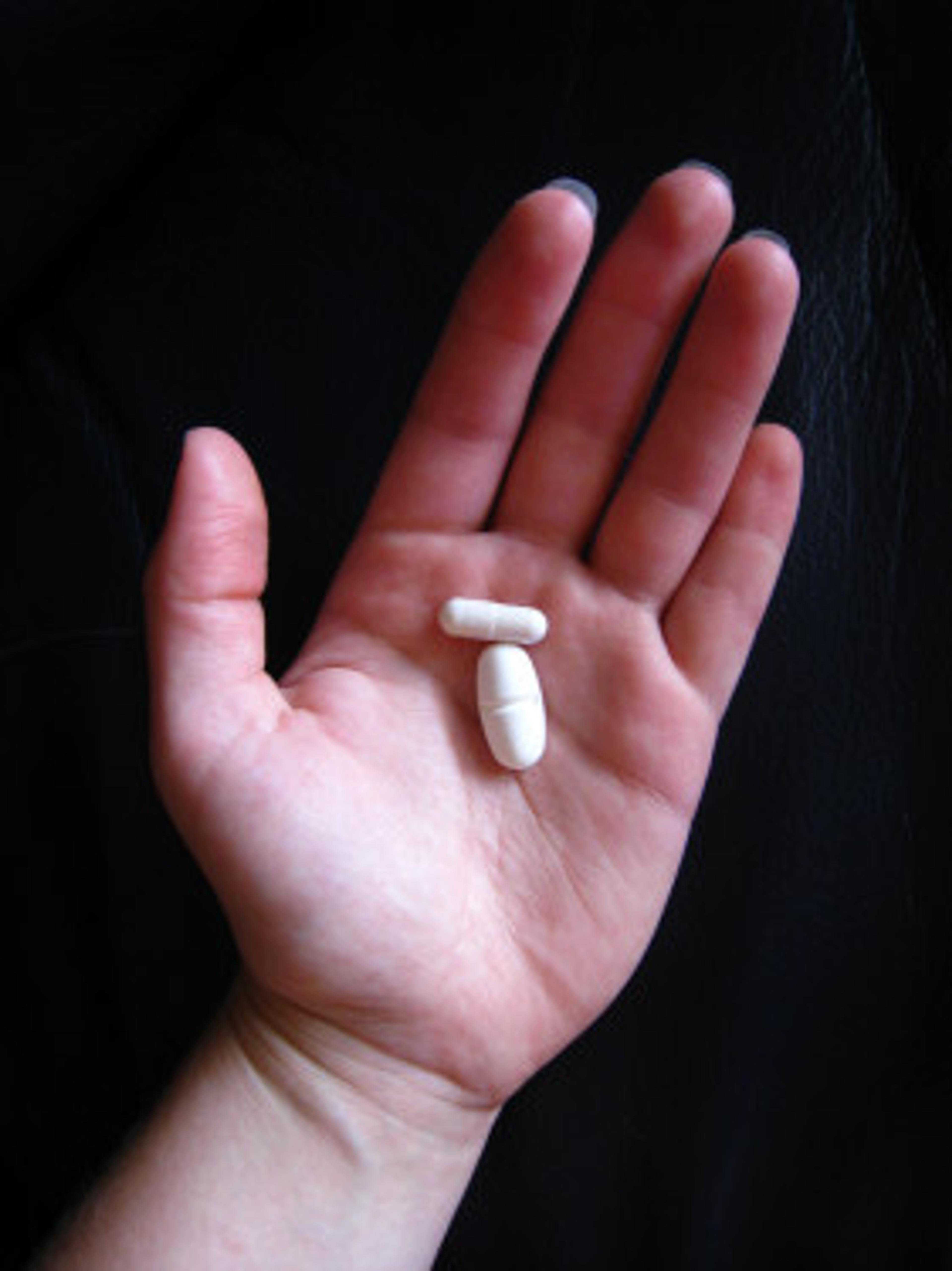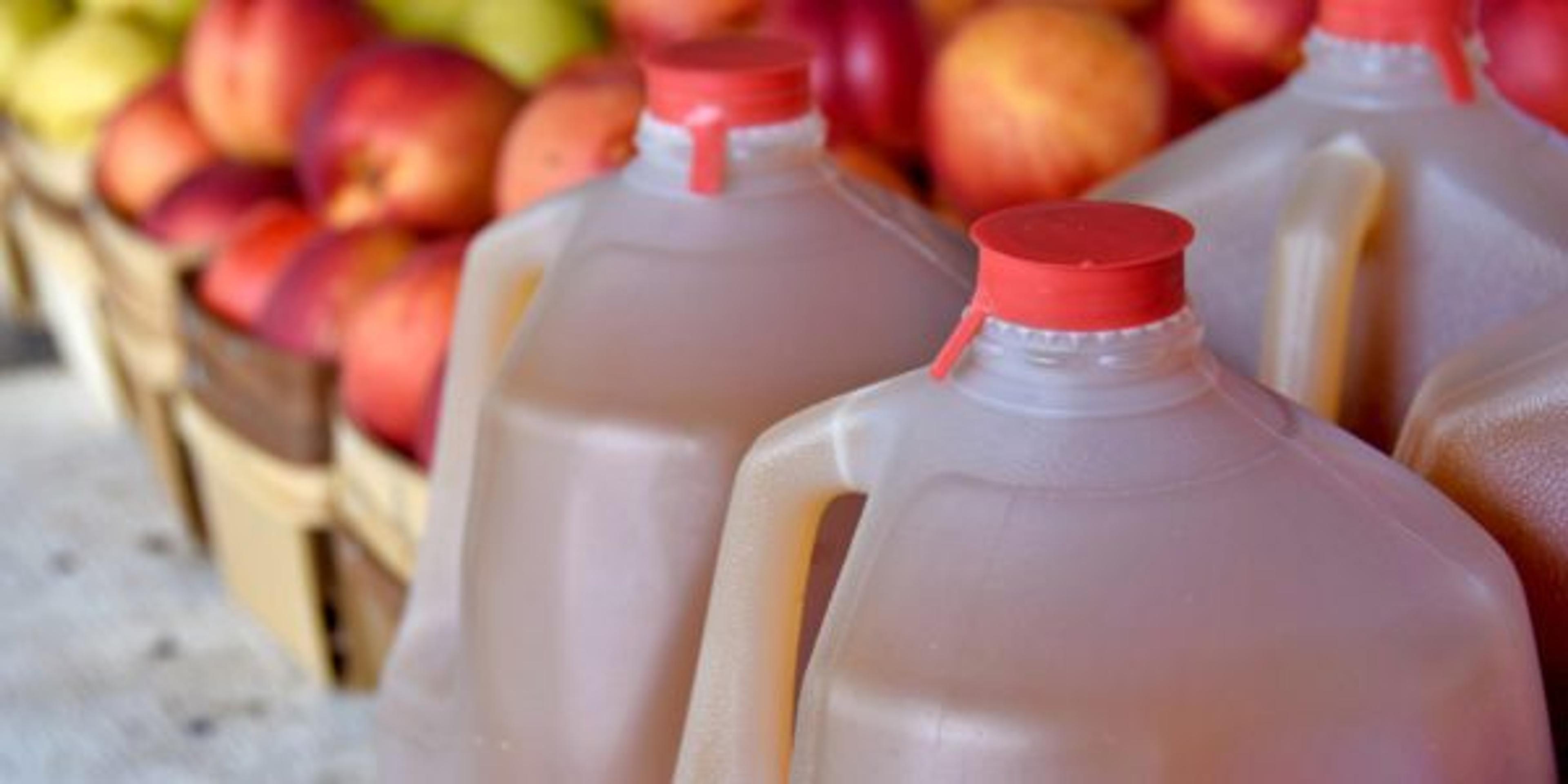Probiotics: It’s about more than digestive health
| 2 min read

This blog post is part of #HealthyMe, a personalized web experience based on your health and wellness goals. To sign up today, visit http://www.ahealthiermichigan.org/healthyme
You’ve probably seen commercials for the probiotic-packed yogurt that’s full of “good bacteria” to help with your tummy troubles, but you may not know exactly what probiotics do. It turns out there’s more to these microorganisms than just easing a disruptive stomach.
While the FDA hasn’t approved any of the health claims associated with probiotics, there is some scientific evidence suggesting that they can help treat and even prevent certain conditions and illnesses. For example, probiotics have been shown to boost your immune system, improve depression and treat urinary infections. And yes, digestive specialists recommend incorporating the healthy bacteria into your diet if you suffer from gastrointestinal disorders like irritable bowl syndrome.
Probiotics are naturally found in your stomach, but you can take a supplement to boost your levels to a beneficial amount. The supplements are typically found in two forms: food products and capsules. Before adding either to your shopping cart, here are some things to keep in mind.
- For food, like the yogurt you already know about, check the nutrition label just like you would for any other food product to be sure it’s an overall healthy food without too much sugar or fat.
- Probiotic supplements do not undergo the same type of testing and approval as prescription drugs, so it’s important to speak with your physician before adding them into your diet.
- Keep your probiotics refrigerated to maintain the long-term quality of the supplement (and look for them in the refrigerated section of health food stores).
Whichever way you choose, experts suggest about 5 billion units daily to maintain a healthy lifestyle and up to 20 billion if you’re trying to treat a specific condition. (Most capsules have 3 to 4 billion, so you’d have to take more than one capsule.) In general, there is no concern about “overdosing” on probiotics. However, filling an upset stomach with large amounts of probiotics can do more harm than good, so ease into adding the supplement into your diet.
Probiotics are known to thrive best when something called prebiotics are present to create a “probiotic-friendly” environment. Prebiotics are found in whole grains, bananas and onions, so add these to your diet alongside the supplement.
Photo credit: lu_lu





